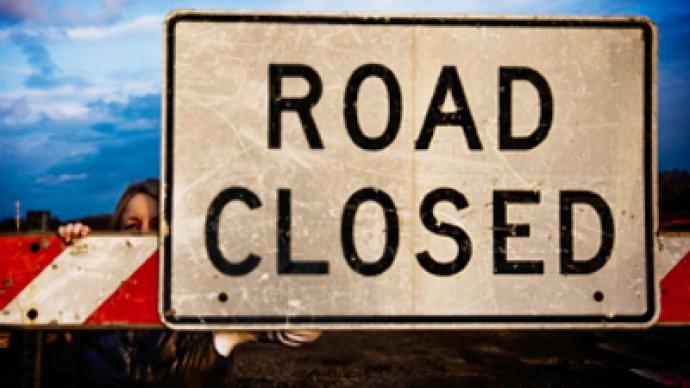A Georgian version of the popular US cartoon “The Simpsons” has become a hit on state TV recently. The main difference from the prototype is that they make lots of fun of Russian politicians, while forgetting their own.
It’s an average family with average problems – and it's taking Georgia by storm.
The cartoon series launched just two months ago and has shot to the number two spot among the most-popular shows on one of Georgia's main TV channels.
“The Samsonadzes” have been described as Georgia's answer to “The Simpsons”.
But the show's creators are quick to point out the differences.
“They're as different as American and Georgian families can be. We just took an average family and made a parody of the common traits, like laziness or love of alcohol,” says the cartoon’s chief scriptwriter, Zviad Bliadze.
The cartoon focuses on a family of four and their everyday life in Tbilisi.
The creators hope their project will reach a level of success similar to that of “The Simpsons” – and in fact, both sitcoms share bright colors, lively animation and lampooning the mindset of the average family man.
Critiquing the country's political system, though, is where the difference lies.
One of the most popular episodes featured familiar faces – Russia's President Dmitry Medvedev and Prime Minister Vladimir Putin, and the portrayal was far from sympathetic.
The cartoon’s general producer, Shalva Ramishvili, spent four years in prison on charges of embezzlement which, he says, were fabricated.
He started working on the show soon after his release and says making loud political statements is not something new for him.
“All my life has been dedicated to critiquing Georgian politicians,” says Ramishvili.
But as of yet, none of them have made a cameo appearance on the cartoon.
The producers promise they will get to that issue soon. But some believe this may never happen while Mikhail Saakashvili is running the country – and, indirectly, most of the media outlets.
“Such cartoons can be broadcast only if they're ordered by Saakashvili himself, or if they think Saakashvili will be quite happy about it. There are small independent channels that make fun of Saakashvili, and never of Russian politicians. The only man who makes fun of himself is Saakashvili,” says opposition member Petre Mamradze.
But so far, it seems easier for the creators of Georgia's top cartoon to poke fun at Russian leaders, since making a joke about the Georgian government on television could end up as no laughing matter – for those brave enough to try.

